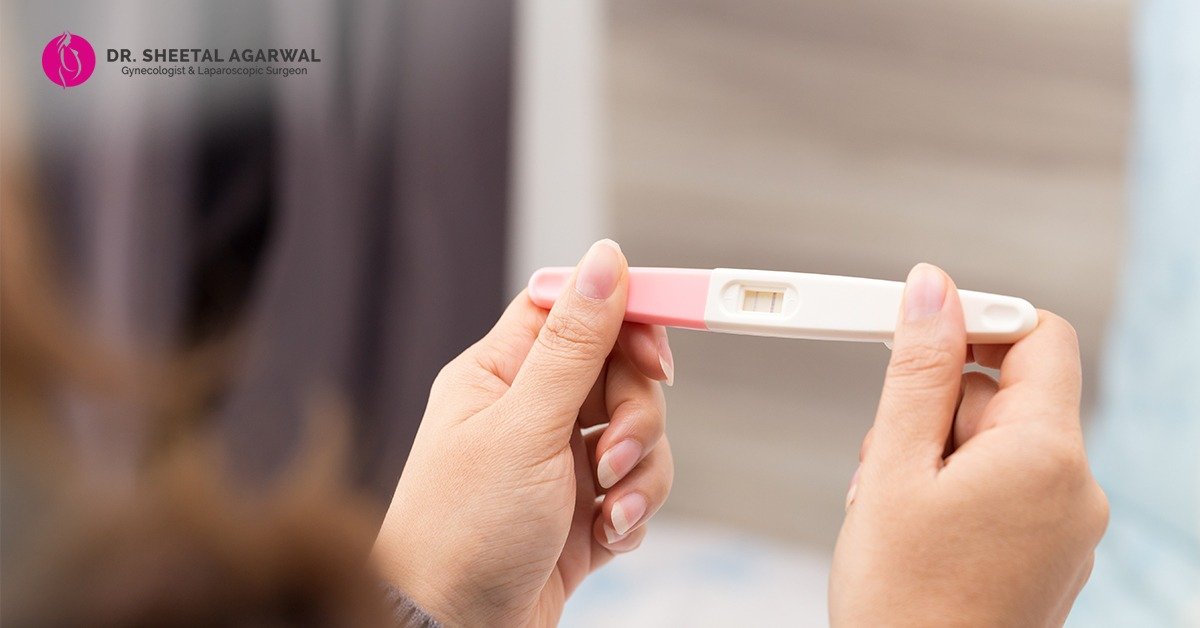Infertility is defined as not being able to get pregnant for at least a year with no success. Because fertility in women is known to decline steadily with age, some providers evaluate and treat women aged 35 years or older after six months of unprotected sex. Fertility problems have become a significant issue in the modern world, good documentation of the prevalence of infertility is lacking. It is generally believed that more than 70 million couples suffer from infertility worldwide.
In many cultures, womanhood is defined through motherhood, and infertile women usually blame the couple’s inability to conceive. Moreover, in the absence of social security systems, older people are economically dependent on their children. Childless women are frequently stigmatized, resulting in isolation, neglect, domestic violence, and polygamy. Senior home health care services play a significant role in providing these elderly childless women or helpless senior residents with complete health care and necessary facilities.
For generations, women have been marrying early, staying home, and having children. But today’s reality is very different – women are after jobs, marry later, and are postponing motherhood. The number of female teens smoking is increasing. Sexually transmitted infection rates have been steadily growing, particularly among women aged 15-21, and unhealthy extremes of body weight are more common than ever.
Female infertility causes can be challenging to diagnose. There are many available treatments, which will depend on the grounds of infertility. Many infertile couples will go on to conceive a child without treatment. After trying to get pregnant for two years, about 95 percent of couples successfully develop.
Here in this article, we have given below three tips on how you can female successfully overcome infertility;
Tip#1. Maintaining Healthy Weight and Diet:
You can opt for holistic fertility treatments and take care of your fertility problem naturally. Some of the things you can do at home to boost your fertility and increase the chances of getting pregnant include the following:
Healthy Diet:
- Eat Healthy Breakfast: A few studies have been conducted on this topic, showing that eating a big and healthy breakfast can help women improve fertility problems.
- Avoid taking trans fats: Taking healthy fats is included in a balanced diet, but if you are trying to get pregnant, then you should avoid taking trans fats. The research says that trans fats negatively impact ovulation levels.
- Eat Antioxidant-rich Foods: Antioxidant foods play a significant role in improving fertility. While taking antioxidant-rich foods can naturally reduce the number of free radicals known to damage egg cells and sperm in your body. So try to eat fruit, vegetables, grains, and nuts regularly to maintain your fertility.
- Consume Dairy products: few studies have been conducted to show the connection between fertility and dairy products. And the Studies showed that women who consumed one or two servings of high-fat dairy products have higher chances of getting pregnant than those who consumed low-fat dairy. So every woman should include dairy products in their diet to maintain fertility.
- Try to take Multivitamins: if you think you are not taking the nutrient diet every day, multivitamins can be a good idea for you. For women trying to get pregnant, folate is the best vitamin. You can start taking it once you begin planning your pregnancy. But try to include other vitamins and minerals to get all the necessary nutrients.
Healthy Weight:
Maintaining an appropriate weight and participating in moderate exercise can help improve menstrual regularity and overall health. Unhealthy weight is connected with irregular menstrual cycles, which can significantly reduce the chances of becoming pregnant. Women who are either underweight or overweight will have problems conceiving, so the first step towards getting pregnant should be to keep their weight under control.
Making time for moderate physical exercise, adequate sleep and leisure, and enjoyment with your partner is a healthy step to take to lower stress levels and improve your mental and emotional health. It will help you deal better with the stresses of infertility and manage diet and weight.

Tip#2. Avoid things that lower the chances for fertility
- Don’t Smoke: We have all heard the reports that cigarette smoking can cause cancer and heart disease. But a lesser-known health risk is that smoking can negatively affect your ability to have children. Smoking lowers your chances of pregnancy and increases the risk of miscarriage.
- Consider your Age: The quality and quantity of a woman’s eggs begin to decline with increasing age. In the mid-30s, the rate of follicle loss speeds, resulting in fewer and poorer quality eggs. It makes conception more difficult and increases the risk of miscarriage.
- Avoid Alchohol: if you and your partner are trying to have a baby, you should try to cut down on your alcohol intake. Several studies have been conducted trying to make a connection between alcohol and infertility. However, the results are mixed. The only sure thing is that excessive alcohol consumption is bad for fertility and decreases the chances of pregnancy.
- Reduce Stress Levels: many studies have observed that couples experiencing psychological stress had more inferior results with infertility treatment. Try to relax and reduce any stressors from your environment to help boost your fertility. By learning how to cope with everyday stress and anxiety, you can improve your chances of getting pregnant.

Tip#3. Start treatment by consulting your doctor
Treatments available:
X-ray
Start with hysterosalpingography. It’s an x-ray of your uterus that can detect abnormalities. The test also determines whether fluid can pass out of the uterus and through the fallopian tubes. In some women, this test can flush out the fallopian tubes and increase fertility all on its own. If any abnormalities are found, you will likely need further treatment.
Medication
Fertility drugs are most common for women who have difficulty ovulating. There are many medications available, both as pills and injections. All these medications have the same intended effect: better or more ovulation.
Surgery
Laparoscopic or hysteroscopic surgeries are minimally invasive and remove obstructions or correct abnormalities. Tubal surgeries are rare but focus on eliminating adhesions, dilating the fallopian tubes, or creating new openings.
Wrapping Up!
After marriage dreams, every woman gets pregnant, which is the happiest and magical part of their lives. But for this, every woman needs to maintain their fertility, or if they are having a problem with infertility, they should try to overcome that problem on time.
In this article, we have provided you with three helpful tips to overcome your infertility problem. We hope that this article will be an excellent guide for you.


